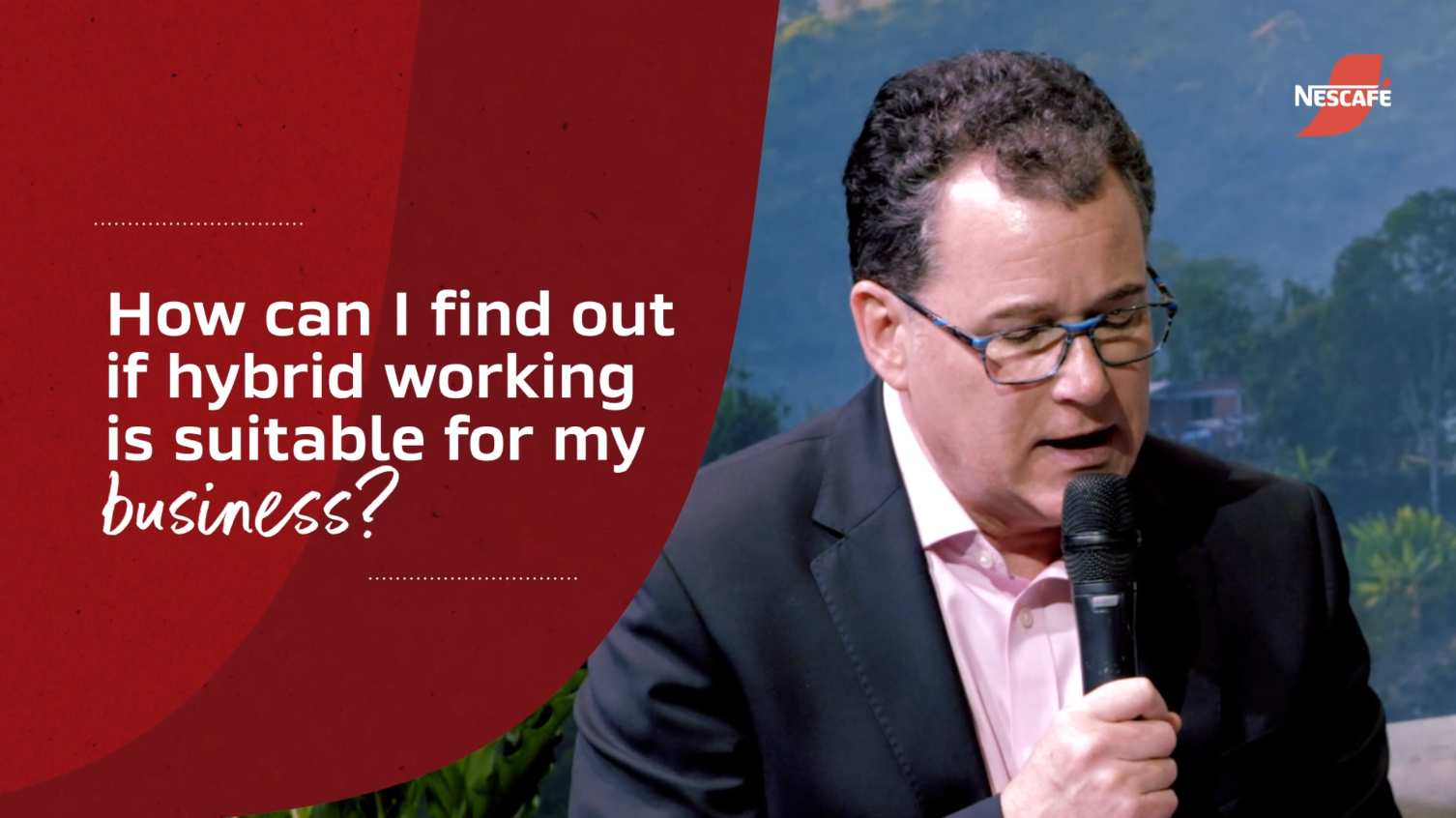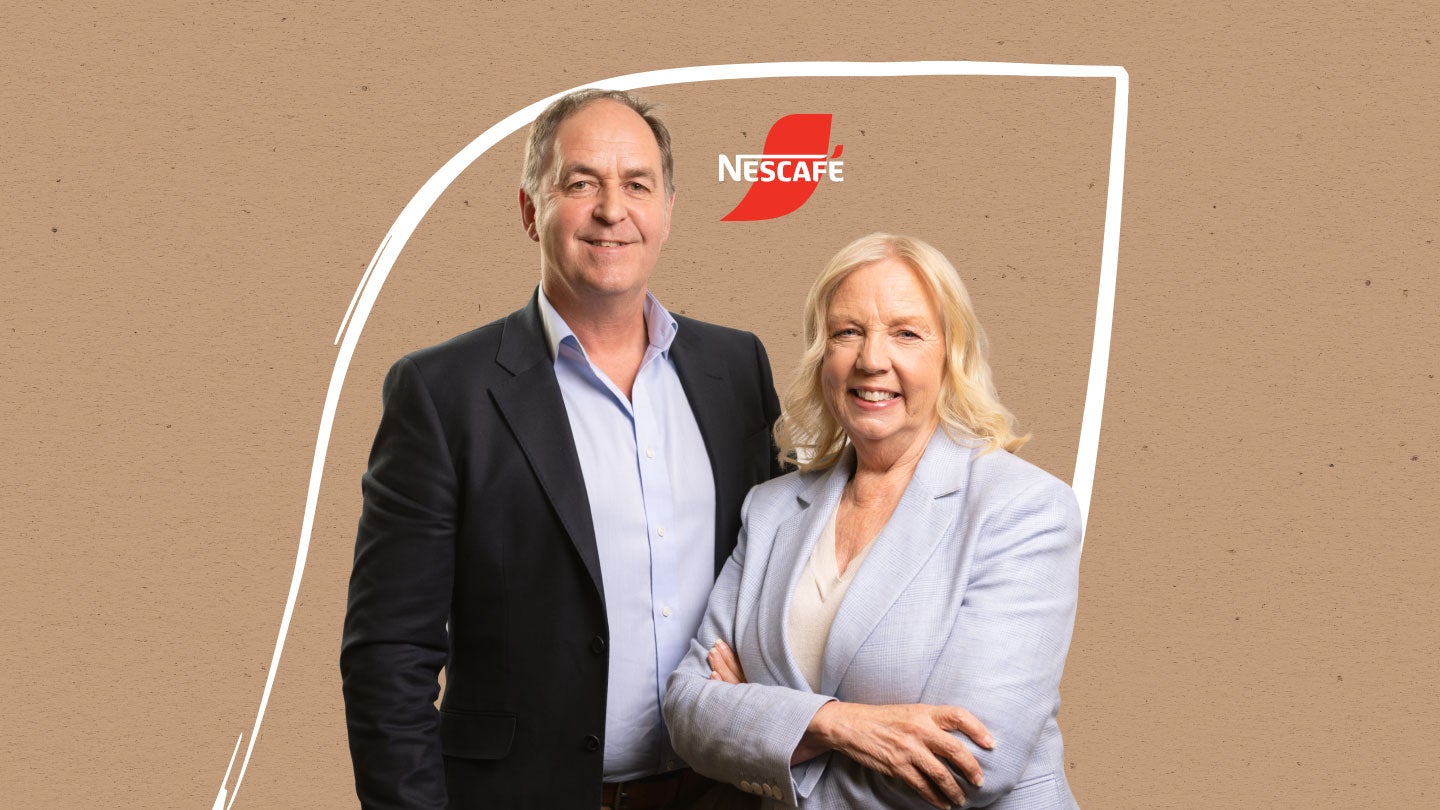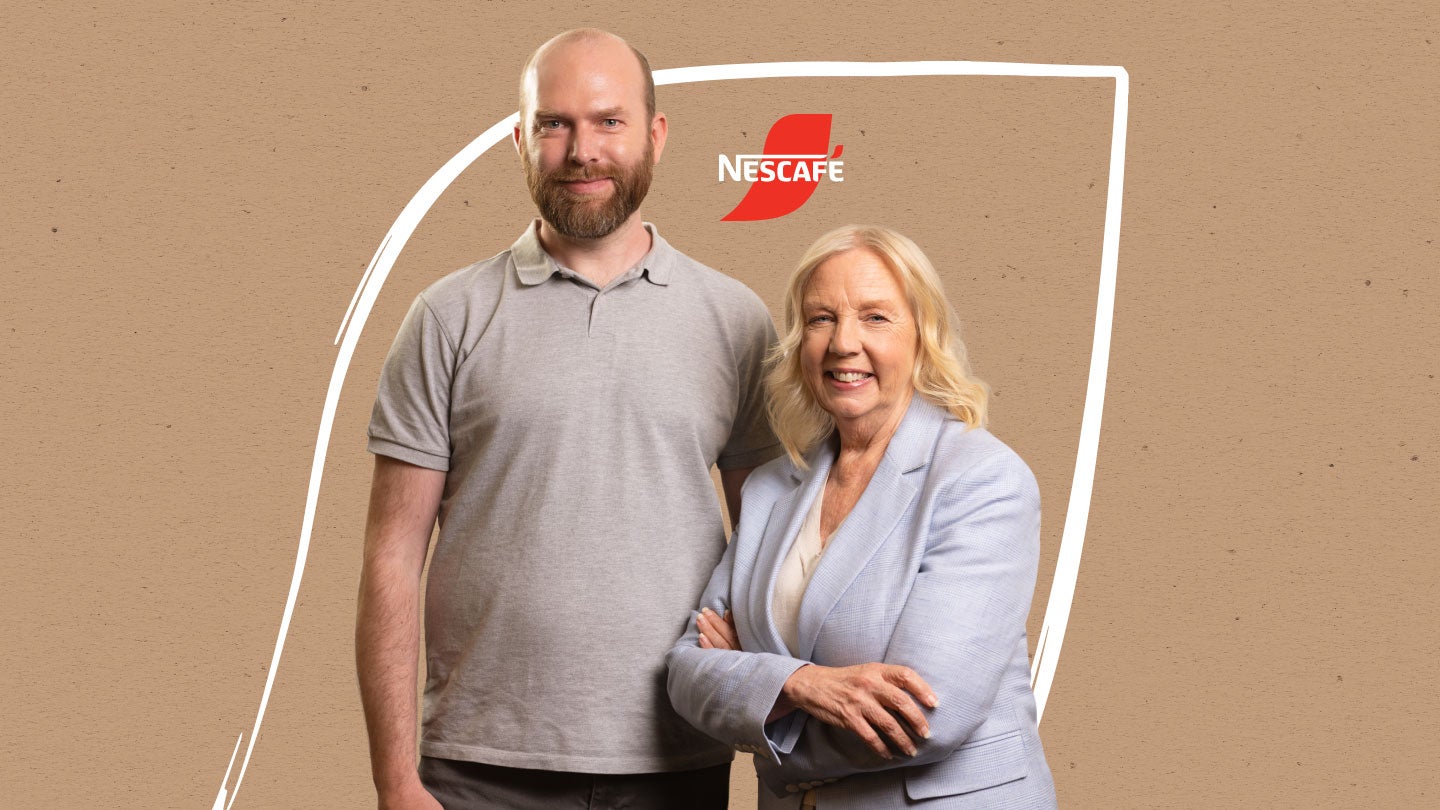
Enhancing Workplace Wellbeing: Exclusive Q&A
Watch this Workplace Wellbeing Q&A session. Business Guru, Deborah Meaden, June Clark, and Nestlé Professional Head of HR, Guy Hughes, share valuable insights and practical advice on enhancing wellbeing in the workplace.
In this exclusive Q&A session on Workplace Wellbeing, we have the privilege of gaining valuable insights from two experts in the field: Deborah Meaden, a renowned Business Guru, June Clark, and Guy Hughes, the Head of HR at Nestle Professional UK&I. They share their expertise on key topics essential for business growth and organisational continuity.
This engaging discussion between experts covers essential aspects such as hybrid working, tracking workplace wellbeing, and avoiding burnout for long-term success.
Join us as we explore actionable tips and gain practical knowledge to navigate the challenges of the business world.
Question 1: How can I determine if hybrid working is suitable for my business?
Deborah Meaden: Hybrid working isn’t right for every business, but many industries can benefit from it. The key is to ensure you have the right systems and touchpoints in place. It’s not just about working from home but maintaining team cohesion and monitoring wellbeing. Regular physical or virtual check-ins are crucial to keep everyone connected and address any issues that might be masked through screens.
Question 2: What are the essential factors to consider for hybrid working?
Deborah Meaden: Trust is fundamental. There needs to be a balance between office presence and remote work, with trust on both sides. It’s also important to have clear agreements on work hours and responsibilities. Ensuring the right equipment and meeting health and safety standards are also vital.
Question 3: How can we track and maintain wellbeing in the workplace?
Deborah Meaden: Implement systems to regularly check in on agreed actions and processes. It’s about evolving and adapting these processes to ensure they are effective. Regularly talking to individuals and addressing issues promptly is key.
Question 4: Do we have a responsibility to monitor our own wellbeing?
June Clark: Absolutely. It’s important to take breaks, go for walks, and avoid long periods of screen time. Empowering employees to take care of their health and ensuring that wellbeing interventions are effective is crucial.
Question 5: What incentives can help improve employee wellbeing?
Guy Hughes: Offering a range of benefits like gym memberships, cycle-to-work schemes, private health, and dental insurance can significantly enhance wellbeing. These benefits should be flexible to cater to individual needs and extend to family members as well.
Question 6: How can small business owners avoid burnout?
Deborah Meaden: Starting a business can feel overwhelming, but it’s important to prioritise tasks and set realistic timelines. Not everything needs to be done immediately. Taking time to assess the importance and urgency of tasks can help reduce the feeling of being overwhelmed.
Question 7: What advice do you have for managing workaholism and maintaining productivity?
Guy Hughes: Aim for a standard working week of around 35-40 hours, as this is when people are most productive. Overworking can lead to decreased productivity and negative effects in the long run. It’s important to set boundaries and stick to them.
Question 8: How can we accommodate different working styles and preferences?
Guy Hughes: Recognise that everyone has different peak productivity times. Some may work better in the mornings, while others may prefer evenings. Flexibility in working hours can help individuals perform at their best while ensuring they get adequate rest.
Key Insights:
-
Hybrid Working: Suitable for many businesses if the right systems and touchpoints are in place. Trust and clear agreements are essential.
-
Wellbeing Tracking: Regular check-ins and adaptable processes are crucial for maintaining workplace wellbeing.
-
Self-Monitoring: Employees should be empowered to take breaks and manage their health.
-
Incentives: Flexible benefits like gym memberships and health insurance can enhance employee wellbeing.
-
Avoiding Burnout: Prioritise tasks and set realistic timelines to manage workload effectively.
-
Productivity: Aim for a balanced workweek and set boundaries to maintain productivity.
-
Flexibility: Accommodate different working styles to optimize performance and ensure rest.




